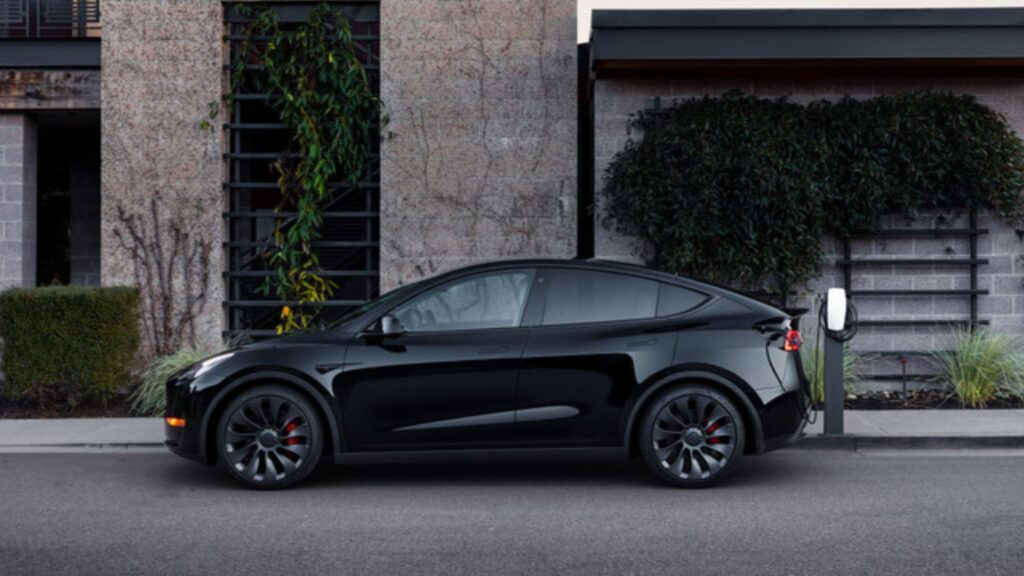So much for sustainability.

For years, automakers and green energy advocates have been trying to reassure critics that when the battery in an electric car is worn out it can be easily recycled. Now that adoption rates are increasing, we’re learning the reality is far different as insurance companies write off EVs if any battery damage is detected. In other words, electric cars are far more disposable than traditional internal combustion engine vehicles, the exact opposite of what we’ve been sold.
Learn why rust has been a problem with so many EVs here.
A report from Reuters details out how even some essentially new EVs with only a few miles have been written off as complete losses by insurance companies because of damage to the battery packs. As you might already know, the battery on an EV is by far the most expensive part, constituting up to half the value of a new electric car.
Many consumers have voiced hesitancy about buying an EV, especially one that’s used, thanks to the battery replacement cost. At times those concerns have been laughed off and at other times they’ve been targeted with extreme anger towards anyone deemed to be standing in the way of “progress.” But this report from Reuters does validate those fears, at least to an extent.

Reuters does point out some EV battery packs are “easier to repair” than others. One that’s cited as having “zero repairability” is the Tesla Model Y thanks to the proprietary and highly secretive structural battery pack used in it. So you see, there’s a steep price for getting something on the bleeding edge of technology.
Other battery packs can be repaired by experts, although the article doesn’t dig into what that might cost or involve. Instead, Reuters skimmed through EV salvage sales listings in the US and Europe, noting many of them are from low-mileage Teslas, Nissans, Hyundais, BMWs, Renaults, and Stellantis brands. Of course, Tesla makes up the majority just like how it sells the majority of EVs.
For those who buy EVs to “save the environment” this is quite the blow. After all, an electric car would need to be driven for quite some time before the emissions “savings” offsets the emissions created by the manufacturing process for the battery. If the vehicle needs a new battery with few miles on the clock, that begins negating the stated purpose for buying an EV.
Images via Tesla, Ford



























